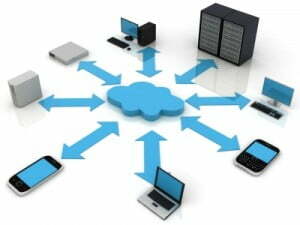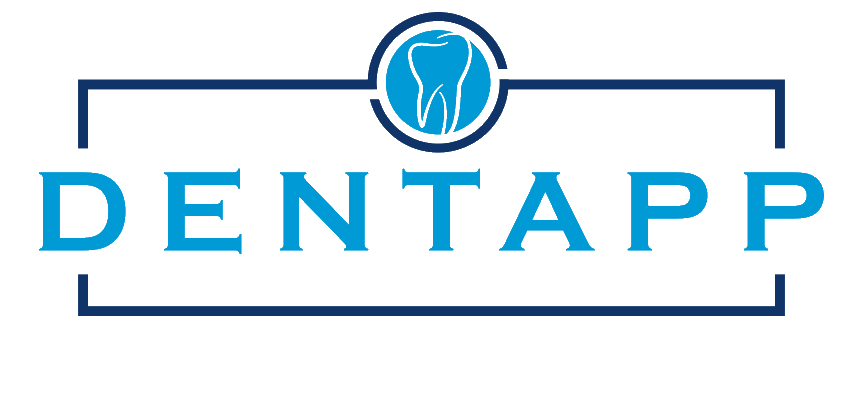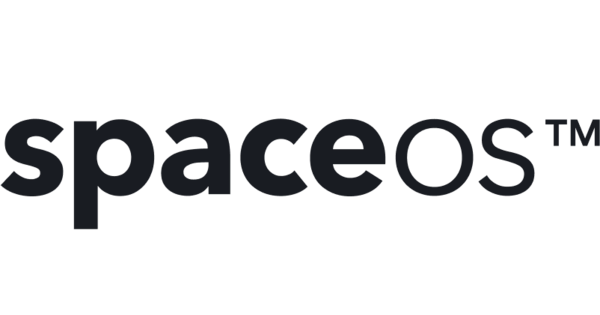With all the talk of “The Cloud” lately, people have been left wondering firstly what is the cloud and secondly how can it benefit them and possibly in turn their business?
Put in simply terms, cloud computing is basically the storage of information “in the cloud” on servers offsite over the internet rather than storing it on your own personal computer. This allows you to access your files and information from wherever you are. Of course this comes with the worries of what happens if this server crashes, do I lose all my information?
The emergence of cloud computing, has also created possibilities for new companies to provide support services to the cloud gaining some market share for themselves, for example, there are now online companies that provide back-up services for you. This allows you to download their software and automatically create back-ups of your files which are also stored online. Therefore in the event of a loss of data you can restore your files online using this software. This cuts out the need for the traditional method of buying external hard drives and using them to back up your files. This also comes with the added bonus of having the most recent version of your files backed-up rather than constantly having to update the back-up file on your external hard drive.
There is a good chance you have already actually used cloud computing to some extent, possibly without even thinking of it as such. If you have an email account with popular e-mail providers such as Hotmail or Gmail, then you have experienced the cloud. These service providers don’t require you to download email software to your own personal computer; instead you access your emails which are stored online in the cloud by logging into the web email account remotely from any computer around the world.
These are basic examples of cloud computing, however the uses for this technology span way beyond emails being stored online. Business are slowly becoming aware of the advantages that cloud computing can offer their companies and the accounting industry is no different.
We see a huge move towards online or cloud accounting in the near future because of the numerous benefits and potential savings it represents for the business owner.
With such a system in operation, instead of having to spend precious time and resources buying, installing and managing accounting software on multiple PC’s, you can now access these services over the internet. The biggest benefit of this clearly is that you can keep an eye on your company finances from anywhere in the world, whenever you want, through a number of devices.
In the case of SME’s who have an accountant prepare their end of year financial statements, they will now no longer require the accountant to visit the company on site, as access to the information can be given to the accountant who can then view the required data from their own office; saving the company money in accounting fees.
Another benefit cloud accounting provides to SME’s is the fact that this form of accounting is generally subscription based, which allows the company to find a package that is a good fit for their needs. For example, a small company which may not have a large number of transactions might even find a free package, then as the company progresses this package can be easily upgraded to accommodate a larger number of transactions.
A common problem with traditional desktop accounting software is when the client does not have the same software as the accountant. Which means the procedure for how to export the required information from the older package needs to be explained to the client who has to then send the data to the accountant. This can be very time consuming exercise and one which will not occur with online accounting because as I have stated previously, access to the online data can be given to the accountant which means everyone will be looking at the same information, wherever they are.
Understandably like any other new concept, some people are going to have their reservations about security, reliability etc. However if you think about the online services you may already use and also how many other millions of people worldwide use these services on a daily basis, we can see that they are in general very secure services, otherwise people wouldn’t be using them. The same applies to online accounting services, they are password protected, encrypted along with numerous other security features to ensure your data remains safe, confidential and also to keep your mind as ease.
Many of the “big” name traditional accounting software providers such as Sage and QuickBooks along with those who wholly focus on cloud accounting such as XERO are seeing the potential for these services and how they are possibly going to revolutionise how business satisfy their accounting needs. With the likes of these software providers developing new online packages, it’s going to make the transition to cloud accounting hopefully a stress free task for SME’s wanting to take advantage of these savings and increased efficiencies.






































































































